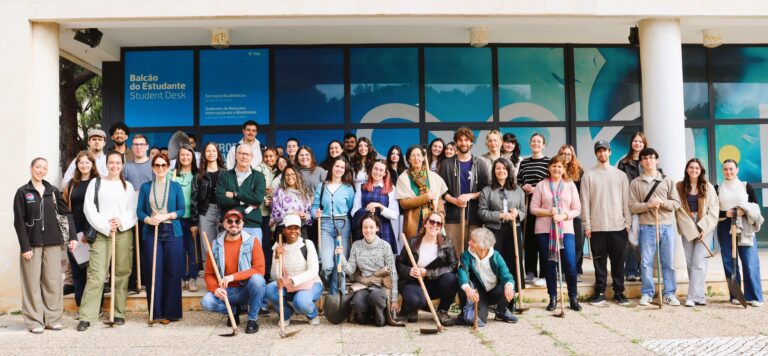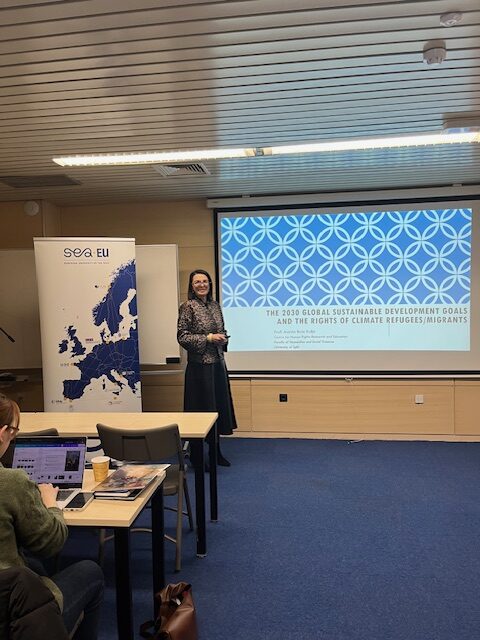
The Port System Authority of the Central Tyrrhenian Sea (Autorità di Sistema Portuale del Mar Tirreno Centrale)
The Port System Authority of the Central Tyrrhenian Sea is the governing body of the port territory. The ports of Naples, Salerno and Castellammare di Stabia are part of the Campania port system.
Naples:
The Port of Naples, at the centre of the Mediterranean Sea, along the ideal route between Suez and Gibraltar, is among the most important ports of Italy in terms of commercial traffic and disembarkation and embarkation point for passengers.
From the tourist area of the port, located in the ancient centre of Naples, fast ferry and ferry connections depart to the islands of the Gulf and the Sorrento Peninsula. The main archaeological sites of Pompeii, Herculaneum and the Campi Flegrei are easily accessible from the port too. In cabotage, the Port is a leader, accounting for about half of the national traffic. It is also a key hub for freight and passenger transport to the major islands of Sicily and Sardinia.
Shipbuilding and ship repair, finally, represent an important industrial sector, which constantly invests to ensure capacity and high quality standards in processing.
Castellammare di Stabia:
The Port of Castellammare di Stabia focuses its activities mainly on the yachting and shipbuilding sectors, thanks to the historical presence of the Fincantieri shipyard. Shipbuilding represents a sector of great economic and employment value, today oriented towards the production of naval ships and the construction of ferries. The port also has an important and historical activity related to commercial fishing.
Finally, the area dedicated to pleasure boating (mega and giga yachts) is strongly developed thanks to the Port’s proximity to the Sorrento Coast and the archaeological sites of Herculaneum and Pompeii, which attract millions of visitors every year.
Salerno:
The Port of Salerno is connected to the main areas of the world, guaranteeing multifunctional and fast services. Thanks to the high ratio of goods handled to available space, Salerno has always been one of the European ports with the highest maritime connectivity index and an important junction of the Motorways of the Sea. It ranks among the top regional ports for container handling and among the top national hubs for the export of new cars.
The Maritime Station, designed by the famous architect Zaha Hadid, is just a short walk from the city centre and hosts the latest generation of cruise ships, in a tourist area of the highest landscape, historical, cultural and archaeological value.
The ports of Campania are investing in their future by enhancing infrastructure, the environment and safety, in line with the PNRR (the national funding plan) timetable.
Between the end of 2023 and the beginning of this year, the Campania AdSP has, in fact, launched all the Plan’s tenders. About 400 million euro. In Naples, among the many interventions: the extension of the breakwater, the electrification of the quays (cold ironing), the redevelopment of the Magazzini Generali, the railway connections and dredging. In Salerno, the extension of Molo Manfredi to accommodate more cruise ships (already completed), dredging, cold ironing and the completion of Porta Ovest, the port motorway connection for heavy vehicles. At the beginning of February, the first work site for the restoration and extension of the ‘Duca d’Aosta’ breakwater started in Naples, at a cost of around 170 million euros, which will ensure greater safety for ships entering and leaving the port. As far as tourism is concerned, the Campania port system is now travelling towards 10 million passengers a year in transit between cruise passengers, commuters and tourists. In May 2024, the new Maritime Station at Molo Beverello in Naples was inaugurated, which together with the regeneration of port buildings will make the Port even closer to the city.
Moreover, the Campania AdSP, thanks to the implementation of the best practices of the Port Community System (PCS) and its central role in the framework of the Special economic zones for the southern regions, aims at creating an ‘integrated and open system’, which, through its different functional specialisations, in a logic of cooperation between the various ports, is able to present itself on an international and especially Mediterranean scale, as an active anchorage spot in a changing world.



